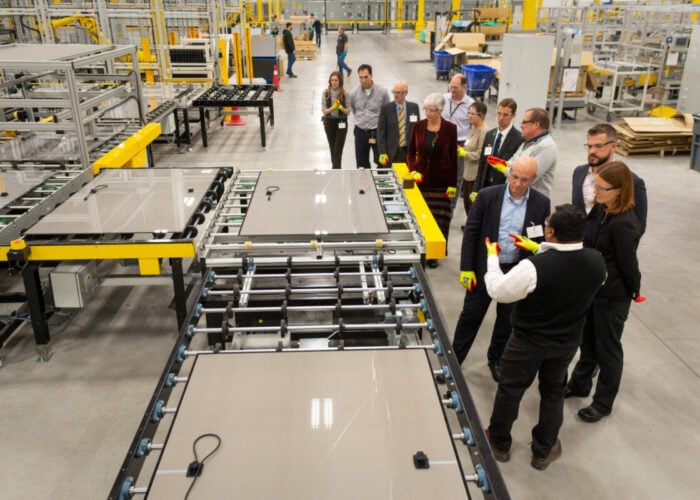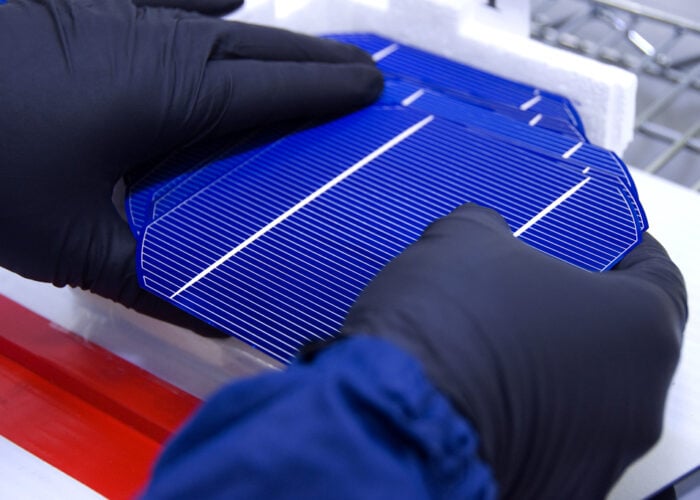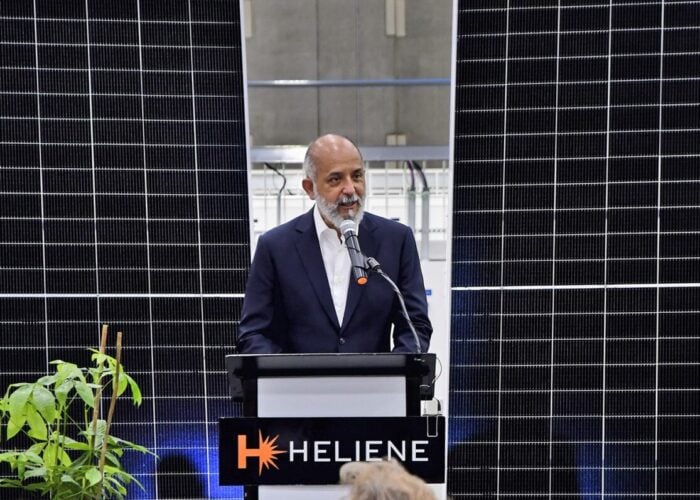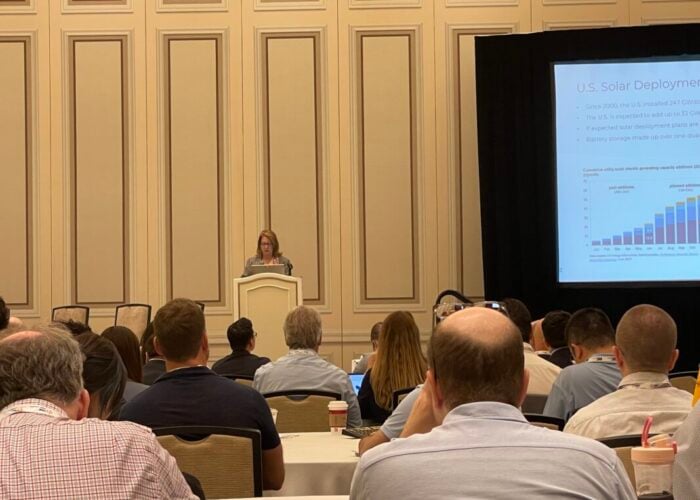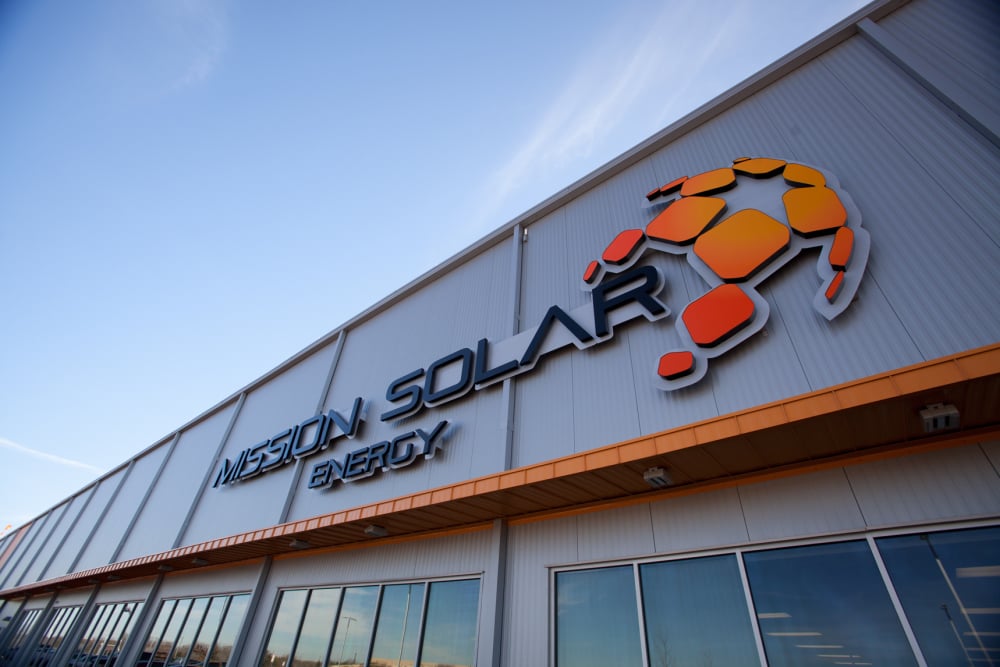
US-based PV module manufacturer Mission Solar Energy will ramp up its manufacturing capacity to 1GW in the US to meet industry demands for 2023 and beyond.
The expansion of the facility located in Brooks, Texas will start in Q4 2022, with the company expecting to reach 1GW of annual production capacity in 2024, up from its current 300MW.
Try Premium for just $1
- Full premium access for the first month at only $1
- Converts to an annual rate after 30 days unless cancelled
- Cancel anytime during the trial period
Premium Benefits
- Expert industry analysis and interviews
- Digital access to PV Tech Power journal
- Exclusive event discounts
Or get the full Premium subscription right away
Or continue reading this article for free
With the passage of the Inflation Reduction Act (IRA) and its incentives for solar manufacturing, the Texas-based manufacturer plans to ramp up its manufacturing as well as hiring more workers under the conditions set out under the IRA.
Furthermore, its parent company, South-Korea based OCI Company, will play a pivotal role in the expansion plans, providing polysilicon used in the construction process.
As solar installation are expected to quadruple by 2035 from current levels, and with the US aiming to reach 40% of its electricity generated by solar PV by 2035, Jae Yang, president and CEO of Mission Solar Energy, said: “These are exciting opportunities for us as a company.”
There has been a series of capacity expansions announced in the US since the passing of the IRA in August. US manufacturers Toledo Solar and First Solar have both announced capacity additions for cadmium telluride modules, with 2.8GW and 3.5GW planned, respectively. Meyer Burger has secured a long-term deal to supply at least 3.75GW of US-made modules, SPI Energy has revealed plans to begin producing wafers and REC Silicon said its efforts to restart operations at its Moses Lake polysilicon production facility are underpinned by the IRA.



